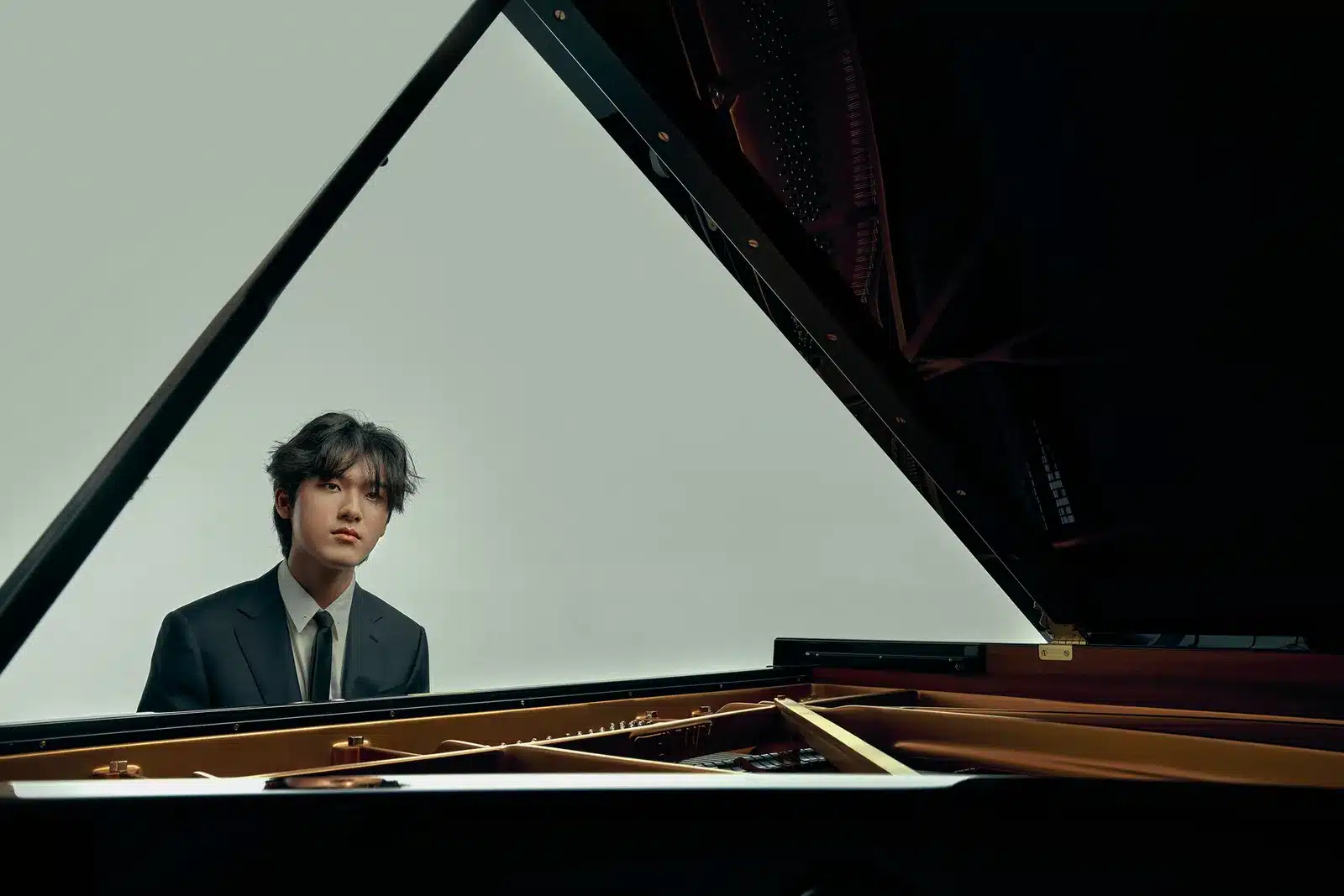International soprano extends her sabbatical
mainThe German soprano Christine Schäfer announced a month’s sabbatical a year ago, extending it to a full season.
It now appears she needs still more time off, cancelling the Handel Festival in Halle in June on ‘personal grounds’. Early this year, Ms Schäfer began teaching as a professor at the Hanns Eisler Musikhochschule in Berlin.

UPDATE: Christine Schäfer’s sabbatical from singing has proved indefinite.





Comments